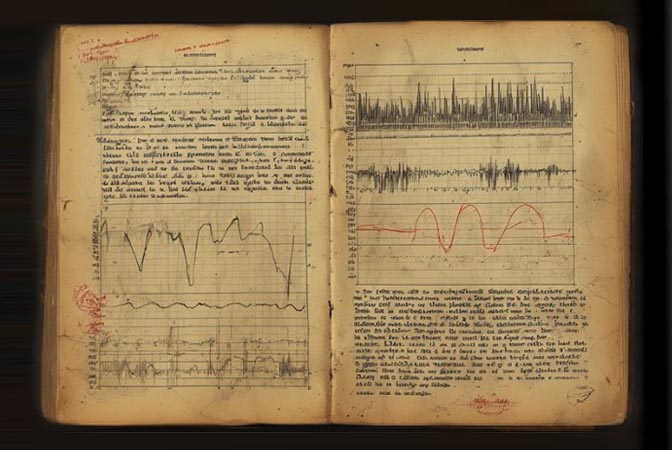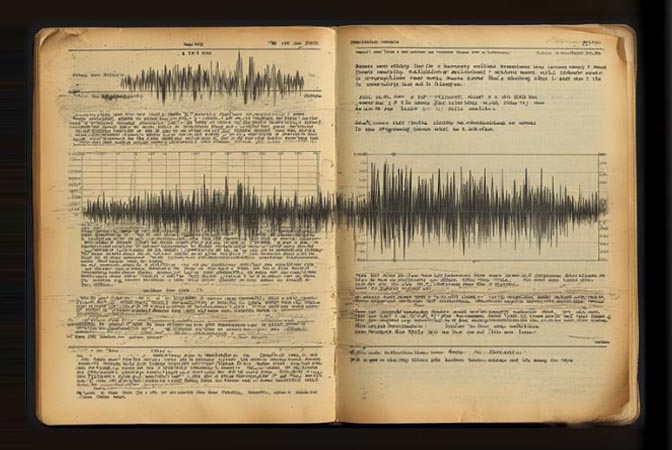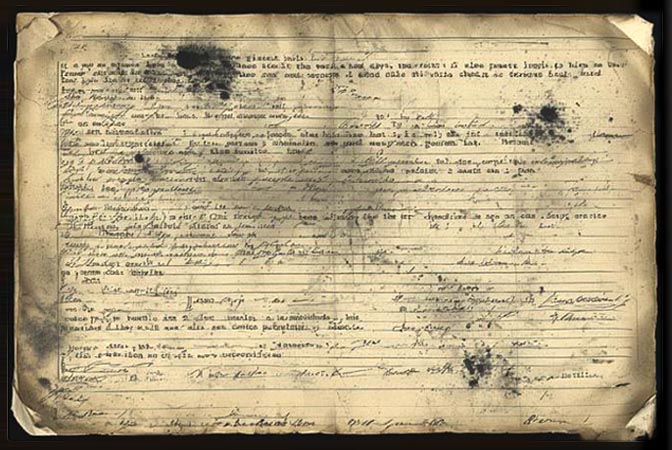The Decomposition of Linear Language
This chapter begins with a refusal: the refusal of language to remain obedient, orderly, and transparent. In contrast to the cartographic logic of classification and control that structures much of Western epistemology, it explores linguistic forms that resist linearity, clarity, and containment. Syntax itself becomes a site of struggle—where grammar wavers, categories collapse, and new forms of knowledge emerge.
Drawing on poststructuralist, postcolonial, and Black radical thought, and inspired by Édouard Glissant, Fred Moten, and Roland Barthes, the chapter traces words that fragment, echo, and vibrate rather than define. Writing becomes a choreography of refusal: not a map, but a tremor. Language is not only what is said but how it unsettles.
Language classifies, orders, excludes. It makes worlds legible—and thereby governable. Western linguistic traditions privilege linear syntax: subject → predicate → object. This produces clarity and logic, but also violence: erasure, hierarchy, and control.
Édouard Glissant, in Poetics of
Relation, offers a counter-image: the
right to opacity—to remain unreadable,
irreducible, uncontained:
*“We demand the right to opacity
for everyone.”*¹
Opacity is not confusion. It is a radical form of presence—a refusal to be made knowable on someone else’s terms. Similarly, Roland Barthes, in The Pleasure of the Text, reflects on writing that seduces rather than informs:
*“The text you write must prove to me
that it desires me.”*²
Both Glissant and Barthes reveal the violence inherent in legibility, while showing the potential of linguistic forms that break with linearity, grammar, and conclusion.
These are Disobedient Lines: gestures in language that refuse closure and open instead to dissonance, opacity, and multiplicity. When theory ceases to function as a system, it becomes a disturbance: readability itself becomes contested.
More on:
2.
Unbounding Syntax, Argument and Form (Fred Moten)
3. Language as Body / Resistance / Material
(Fred Moten)
Footnotes:
1. Édouard
Glissant, Poetics of Relation, trans.
Betsy Wing (Ann Arbor: University of
Michigan Press, 1997), 189.
2.
Roland Barthes, The Pleasure of the
Text, trans. Richard Miller (New York:
Hill and Wang, 1975).


